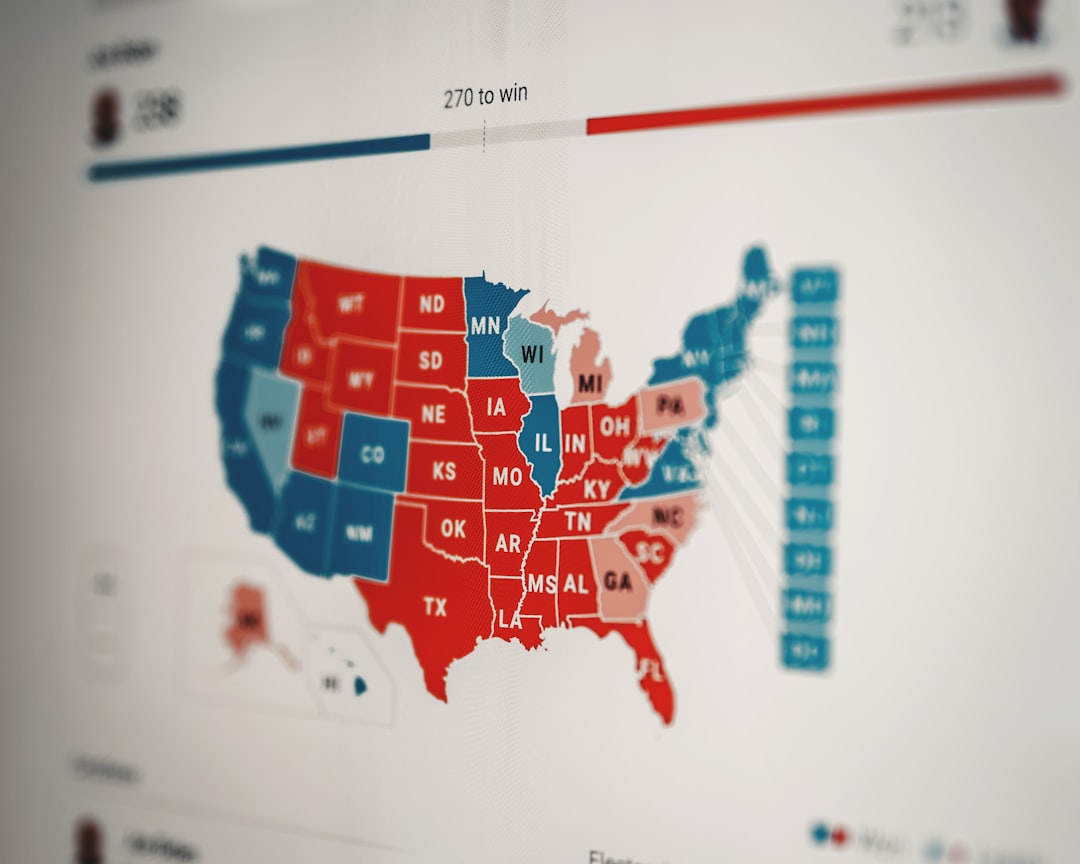Betting isn’t just about luck. It’s about data. Smart bettors rely on stats, trends, and numbers to make informed choices. But where does all that magic data come from? Let’s dive into the data ocean together and learn about the tools bettors use: APIs, scraping, and the ever-important topic of legalities.
Why Data Matters in Betting
Your gut feeling might help you win once or twice. But if you want consistent results, you need data. Whether you’re into horse racing, football, or esports, trends and stats are your best friends. Data helps you predict game outcomes, analyze player performance, and spot hidden opportunities.

APIs: Your Friendly Data Feed
API stands for Application Programming Interface. It’s a techy term, but don’t worry. Think of it like a restaurant menu. You pick a dish (data), place your order (API request), and get served (data response).
Many websites and platforms offer betting APIs. Here’s what makes them great:
- Fast: Get data in real time.
- Reliable: Comes from official sources like bookmakers.
- Structured: Easy-to-read formats like JSON or XML.
Some popular examples include:
- The Odds API: Gives live odds from multiple bookmakers.
- Betfair API: Direct access to their exchange market data.
- Sportsdata.io: Stats on players, teams, scores, and more.
These APIs are like gold mines for serious bettors and developers building betting apps or prediction tools.
Scraping: Digging for Data
What if there’s no API available? That’s where web scraping comes in. Scraping means using bots to “read” websites and collect information. It’s like copying and pasting tons of data—automatically.
Scraping can gather:
- Live scores
- Odds from different betting sites
- Historical game stats
- News articles and injury reports
Some tools people use for scraping:
- BeautifulSoup (Python): Easy tool for beginners.
- Selenium: Works with dynamic content (like JavaScript sites).
- Puppeteer: Great for headless browser scraping.
Remember, scraping can be helpful, but it’s not always welcome. More on that in the legalities section!

The Legal Side of Betting Data
This is super important—you don’t want to win bets and lose a lawsuit! There are rules when it comes to using data.
API Legal Stuff
- Terms of Use: Always read the API’s rules.
- Rate Limits: Don’t send too many requests too fast; you could get banned.
- Paid Plans: Some APIs are free, but many charge a fee for high-usage or premium data.
Using a betting API means you’re entering into a digital agreement. Respect that agreement and you’re good to go.
Scraping Legal Stuff
Here’s where things can get tricky.
- Website Terms of Service: Many sites say “no scraping allowed.” If you scrape anyway, that can be a violation.
- Copyright laws: You might not own the data you’re copying.
- Robots.txt file: Some websites use this to tell bots what they can and can’t do.
Bottom line? Scrape respectfully, and know the risks. If in doubt, ask a lawyer—or just don’t scrape that site.
Free vs Paid Data Sources
Some data is free. Other data will cost you. Here’s how they usually compare:
| Type | Pros | Cons |
|---|---|---|
| Free Data | Accessible, easy to find | Limited scope, slower updates |
| Paid Data | More detailed, real-time, exclusive | Expensive for high volume users |
If you’re just starting out, free might be enough. But if you’re serious and building tools or trading on exchanges, you’ll probably need the premium stuff.
Combining Data Sources
The best bettors mix and match. For example:
- Use an API to get current odds
- Scrape team news from sports blogs
- Pull historical results from an old database
The more sources you have, the clearer the picture becomes. It’s like seeing the whole playing field before placing your bet.
Real-World Example: Soccer Betting
Let’s say you want to bet on English Premier League matches. Here’s how your data stack might look:
- Live odds from The Odds API
- Player stats from Sportsdata.io
- Injury news scraped from BBC Sport
- Weather conditions from a free weather API
Now you’re ready to make an informed bet—not just a lucky guess!
Tools Every Bettor Should Know
Managing data can get overwhelming. Here are some tools to make life easier:
- Excel or Google Sheets: Great for analyzing stats and trends.
- Jupyter Notebooks: For coding and analyzing in Python.
- Postman: Test API calls without writing code.
- Pandas (Python Library): Amazing for data cleanup and analysis.
Stay Ethical, Stay Sharp
We’ve said it before, but it’s worth repeating: don’t break the rules. Respect copyrights, terms of service, and rate limits. The better you are at playing fair, the longer you’ll be able to keep using these tools.
The Future Is Real-Time
With the rise of AI and machine learning, data use in betting will only grow. Apps are getting smarter, odds are updating faster, and bettors are becoming more data-savvy.
If you’re just starting out, don’t worry—there’s plenty of time to learn. Start small. Get familiar with APIs or scraping. Keep track of your bets and analyze them.

Wrap-Up: Be a Data Detective
Whether you’re betting casually or going pro, data is your edge. There are stacks of tools out there. APIs are fast and clean. Scraping is flexible. And legal knowledge keeps you safe.
So go be a data detective. Hunt for patterns. Spot the clues. Place smart bets. And most of all—have fun!
